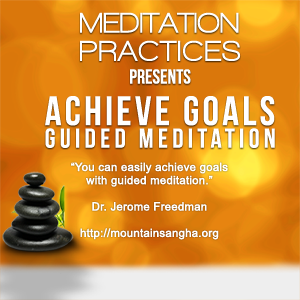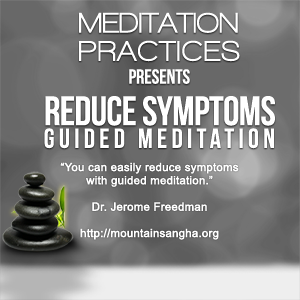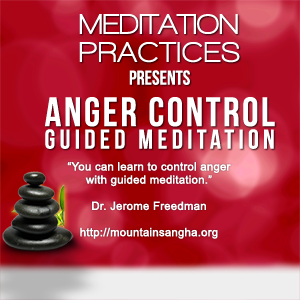The Dalai Lama teaches that other people are like us. They, too, want happiness and avoid suffering.
Recognition of this is really important to inspire us to take effective altruistic actions such as feeding the homeless, relieving hunger, stopping global warming, eliminating malaria and other dreadful diseases, and so much more.
Many other people are working on effective altruistic action in conjunction with mindful consumption.
For example, this TED talk was given by philosopher Peter Singer.
He suggests that we stop spending money on useless things and donate that money to help eliminate malaria by providing mosquito nets for children in Africa.
He talks about a growing movement called “Effective Altruism”. It combines the heart and the head. We need to use our head to make our efforts effective.
He says, “…other people, wherever they are, are like us, and they can suffer like we do…”.
Bill and Melinda Gates and Warren Buffett have been the most effective altruists in history. The Bill and Melinda Gates Foundation displays this statement on the website: “All lives have equal value.”
You don’t have to be a billionaire to be and effective altruist. People ask four questions that Peter answered quite well with examples of people who are doing so.
- How much a difference can I make?
- Am I expected to abandon my career?
- Isn’t charity bureaucratic and ineffective anyway? (see Give Well for effective charities)
- Isn’t it a burden to give up so much?
Remember, the life you save may be your own!
Which of these four questions are stopping you from being an effective altruist?
This is the book Peter Singer mentioned in the TED Talk.













